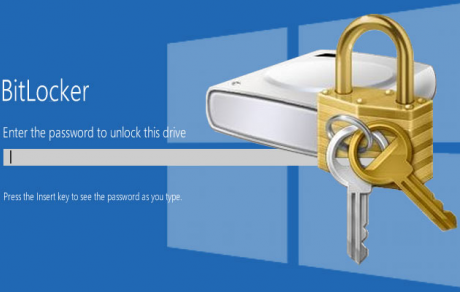BitLocker

What is BitLocker?
BitLocker is Microsoft's built-in Windows tool for encrypting computer hard drives to keep the data secure against theft. BitLocker also supports USB thumb drives and external hard drives. When a drive is encrypted, that data can only be accessed upon entering the correct password or recovery key. A recovery key for each device is backed up to a server in case you or IT ever needs to decrypt a drive due to a forgotten password.
Self-Service Recovery Key Site
If you are ever prompted for a recovery key or have forgotten the password to a BitLocked external/USB drive, you may contact IT or use the web portal bitlocker.eku.edu. For more details on BitLocker Recovery, you can see this BitLocker Recovery article.
NOTE: You must use Internet Explorer or Google Chrome web browser.
External Drives
While you do not need to remember an additional password for your computer’s built-in drives, an external drive does require a password be created if you will be writing to the drive.